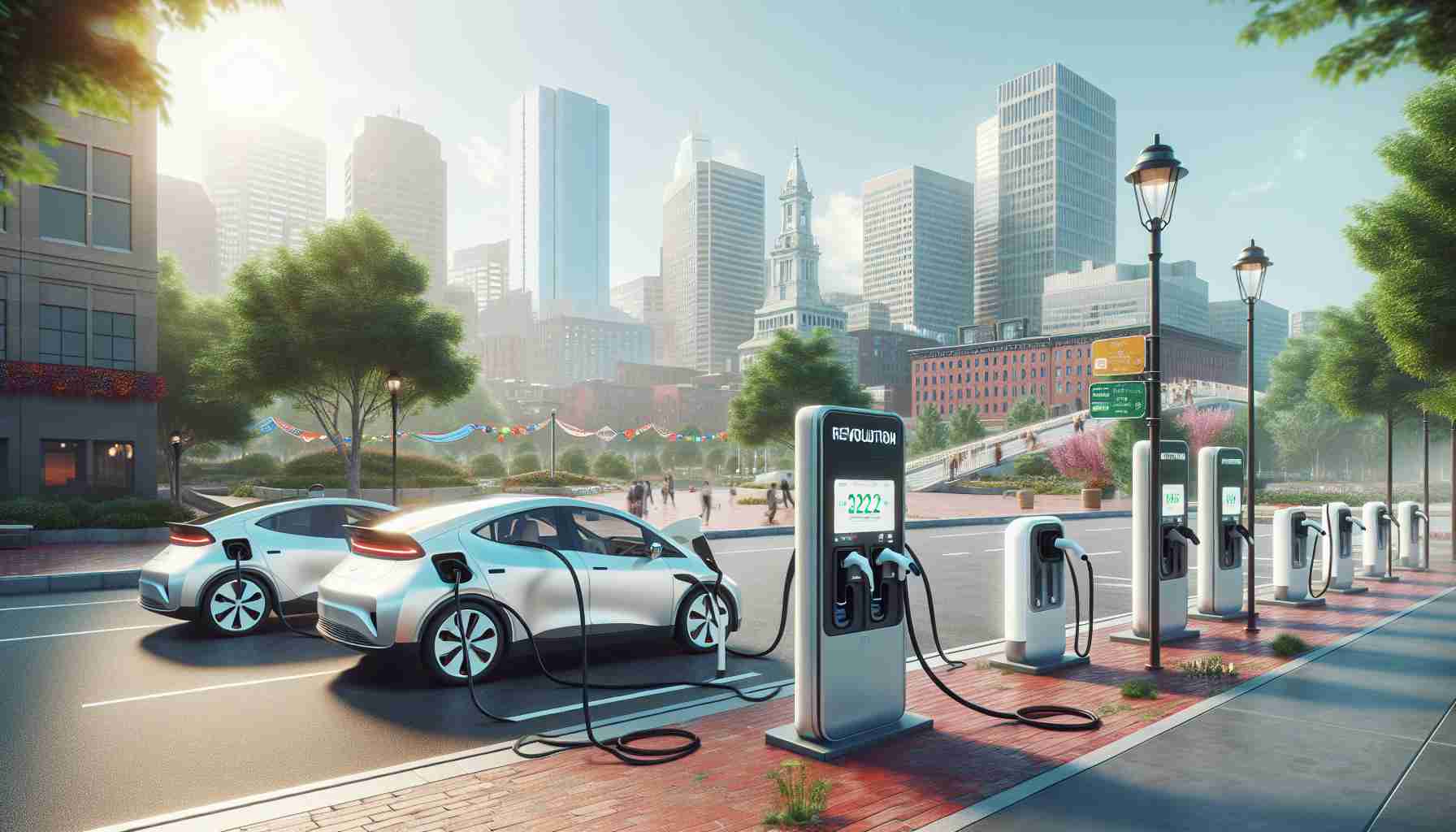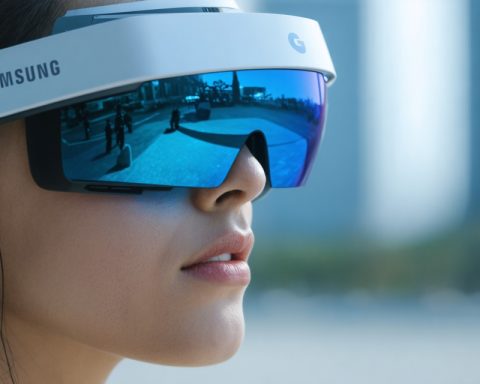Boston is set to significantly bolster its electric vehicle (EV) infrastructure as FLO initiates the installation of up to 120 advanced Level 2 charging stations throughout the city. This ambitious project focuses on providing equitable access to charging solutions, particularly in neighborhoods that have traditionally lacked sufficient resources. The initiative is part of a broader vision to ensure that all Boston residents live within a five-minute stroll of a charging station.
Strategically located in community hotspots, such as parks, libraries, and local businesses, the FLO charging stations are designed to seamlessly blend into their surroundings. These installations will not only provide essential charging options for EV drivers but will also aim to foster community engagement and awareness as electric vehicle adoption rises.
The project is being executed by Better Together Brain Trust (BT2), a Black, woman-owned organization committed to environmental justice. They will oversee the installation and upkeep of these important community resources. As articulated by BT2’s leadership, the goal is to guarantee that all sections of the community can benefit from the transition to electric mobility.
FLO’s advanced CoRe+ MAX chargers, showcased in this initiative, are engineered to deliver enhanced charging speeds, allowing drivers to recharge their vehicles far more rapidly than conventional chargers. As Boston joins the ranks of cities like New York and Los Angeles in expanding its charging infrastructure, this move signifies a milestone in the shift towards a sustainable transportation future.
Empowering EV Adoption: Tips and Insights
As Boston embarks on an exciting initiative to enhance its electric vehicle (EV) infrastructure with the introduction of 120 advanced Level 2 charging stations, it’s a great time for both current and prospective EV owners to expand their knowledge. Here are some valuable tips, life hacks, and intriguing facts to help you navigate the world of electric vehicles and charging solutions more effectively.
1. Understand Charging Levels
Electric vehicle chargers come in three levels: Level 1, Level 2, and DC Fast Charging. Understanding these levels is crucial for optimizing your charging needs. Level 1 chargers are the slowest and typically use a standard 120V outlet, while Level 2 chargers use 240V outlets, providing a much quicker charge—ideal for urban environments like Boston looking to streamline EV usage.
2. Locate Charging Stations Easily
With Boston’s new initiatives, it will be easier than ever to find charging stations. Use apps like PlugShare or ChargePoint to locate chargers near you. These platforms not only show the locations but also provide real-time availability, helping you plan ahead and minimize waiting times.
3. Set Up Home Charging
If you own an electric vehicle, consider installing a Level 2 home charging station. This can greatly reduce your need to seek out public chargers and save you time. The convenience of charging overnight means you start every day with a full battery.
4. Be Aware of Charging Etiquette
As the number of charging stations increases, so does the need for proper charging etiquette. Always move your vehicle once it’s fully charged to avoid blocking others. Additionally, be courteous and plug in only when you plan to stay for a while.
5. Take Advantage of Incentives
Research local and state incentives for EV ownership, which may include tax breaks, rebates on chargers, or even free public charging options. The City of Boston and organizations like Better Together Brain Trust (BT2) may offer additional resources to help lower the costs associated with switching to an electric vehicle.
6. Embrace Smart Charging Solutions
Smart charging stations can be controlled via apps, allowing you to schedule charging during off-peak hours, which often come with lower electricity rates. This can save you money and ease the strain on the city’s grid.
Interesting Facts About Electric Vehicles
– The first electric vehicle was built in the 1830s, long before gas-powered cars took over the market.
– Many modern EVs can travel over 300 miles on a single charge, dispelling the myth that EVs are impractical for long-distance travel.
– Electric vehicles produce zero tailpipe emissions, contributing significantly to improving air quality, especially in urban areas like Boston.
For more information and resources about electric vehicles and charging infrastructure, visit Boston.gov. The push toward a sustainable future is not just an initiative but an ongoing journey, and being well-informed is the key to making the most of it!







